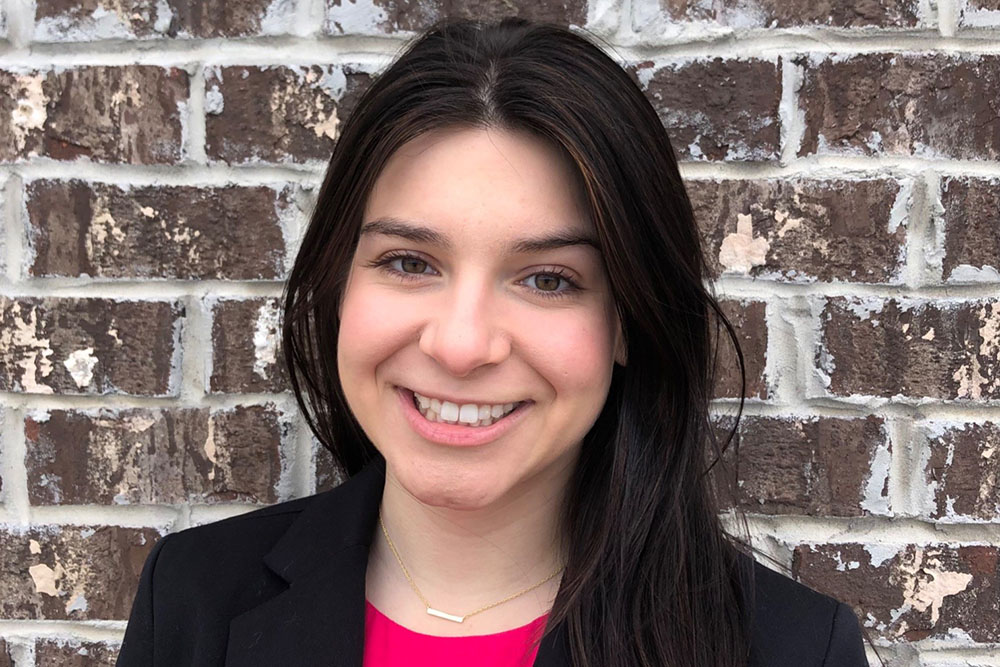Nuclear nonproliferation has long been a hallmark of global security efforts, any area that even opposing super powers at the height of the Cold War found agreement.
Through the US Department of Energy’s National Nuclear Security Administration, the Nuclear Nonproliferation International Safeguards (NNIS) Graduate Fellowship Program was begun to encourage students to pursue doctorate degrees in nuclear science and nuclear engineering.
UT nuclear engineering student Emma Houston was recently selected for one of the highly sought-after fellowships, noting that it is focused on what brought her to her chosen field in the first place.
“I am grateful to be awarded the NNIS Fellowship because it means that I can continue to study novel safeguards technologies for advanced reactors to improve deployability,” said Houston. Nonproliferation, international safeguards, and nuclear policy have been my passion, and the reason that I decided to study nuclear engineering, so I am elated that I can continue to study this and make contributions to the field.”
Creating new nuclear engineers with doctorates became especially important to help bridge a shortfall created by both students leaving for employment after earning their undergraduate degree as well as by an uptick of retirements throughout the field.
The fellowships are for students “pursuing technical doctoral research relevant to the field of international safeguards” and include funds for things like conference-related travel and educationally specific chances for development that arise.
Houston said she is looking forward to working with nonproliferation experts and is grateful for the opportunity that presents.
“This fellowship will allow me to make connections with experts in these fields to find new opportunities during my PhD and post-graduation,” she said. “Additionally, this fellowship provides the option for an international fellowship which means I can gain a breadth of experience studying these topics outside of the US. I want to thank both the department and my advisor, Dr. Sandra Bogetic, for preparing me for this fellowship and encouraging me to apply.”
Bogetic said she is proud of Houston, and happy she will continue at UT.
“Emma performed great work with me in collaboration with Lawrence Livermore National Laboratory for her masters and decided to stay at UT for her PhD,” said Bogetic, an assistant professor in the department. “I think it is great news when fabulous students like Emma decide to stay for their doctorate and only adds to the strength of the department.”
And good news for global nuclear security, as well, in true Volunteer Spirit.
Contact
David Goddard (865-974-0683, david.goddard@utk.edu)
